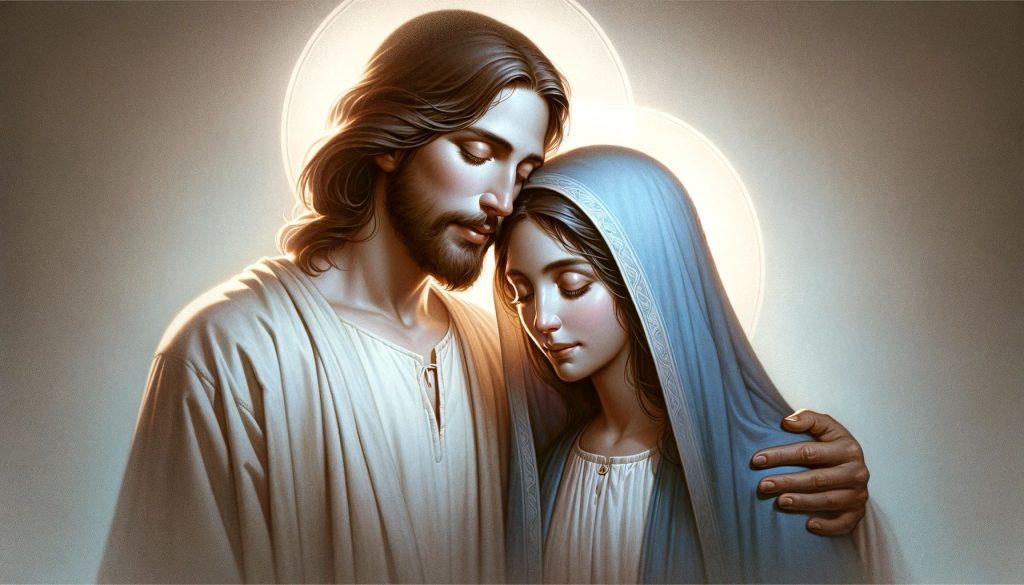Diverse Sources for Varied Knowledge
In the quest for understanding, it is essential to recognize that knowledge comes in many forms and from a multitude of sources. This principle is evident in the practical choices we make in our daily lives. When seeking knowledge in specific fields such as science, history, law, medicine, or the intricacies of different religions, we naturally turn to experts in those areas. Scientists, historians, lawyers, doctors, and scholars of various religions offer insights grounded in years of study and experience.
The Role of the Church in Understanding Religion
In the context of religious knowledge, especially that which pertains to the teachings and revelations of Christ, the Catholic Church holds a place of unique significance. The Church, being an institution that has devoted itself to the preservation and interpretation of Christian teachings, becomes a primary source for understanding the religion revealed by Christ.
Scriptural Foundations
The idea of the Church as a custodian of divine truth is echoed in the Scriptures. The Douay–Rheims Bible, a translation revered for its closeness to the original texts, offers insight into this concept. In Matthew 16:18, Jesus says to Peter, “And I say to thee: That thou art Peter; and upon this rock I will build my church, and the gates of hell shall not prevail against it.” This passage has been interpreted as Christ establishing the Church with a foundational role in upholding and spreading his teachings.
Furthermore, in 1 Timothy 3:15, the role of the Church is underscored: “But if I tarry long, that thou mayest know how thou oughtest to behave thyself in the house of God, which is the church of the living God, the pillar and ground of the truth.” This verse reinforces the Church’s role as a steadfast guardian of truth, particularly in the realm of faith and moral teachings.
Integrating Knowledge from Various Sources
However, this recognition of the Church’s role in religious understanding does not diminish the value of other sources of knowledge. Just as the Church is a guide in matters of faith and morals, so are experts in other fields guides in their respective areas. This harmonious integration of knowledge from various domains enriches our understanding of the world and our place within it.
Conclusion: A Harmonious Pursuit of Knowledge
In conclusion, while we turn to the Catholic Church for insights into the religion revealed by Christ, we simultaneously acknowledge the importance of other sources of knowledge in their respective fields. This balanced approach allows for a comprehensive understanding, blending faith with reason, and tradition with inquiry.
🙏 PayPal Donation Appreciated
The Case for Catholicism - Answers to Classic and Contemporary Protestant Objections
Disclaimer: As an Amazon Associate, I earn from qualifying purchases. Thank you.
